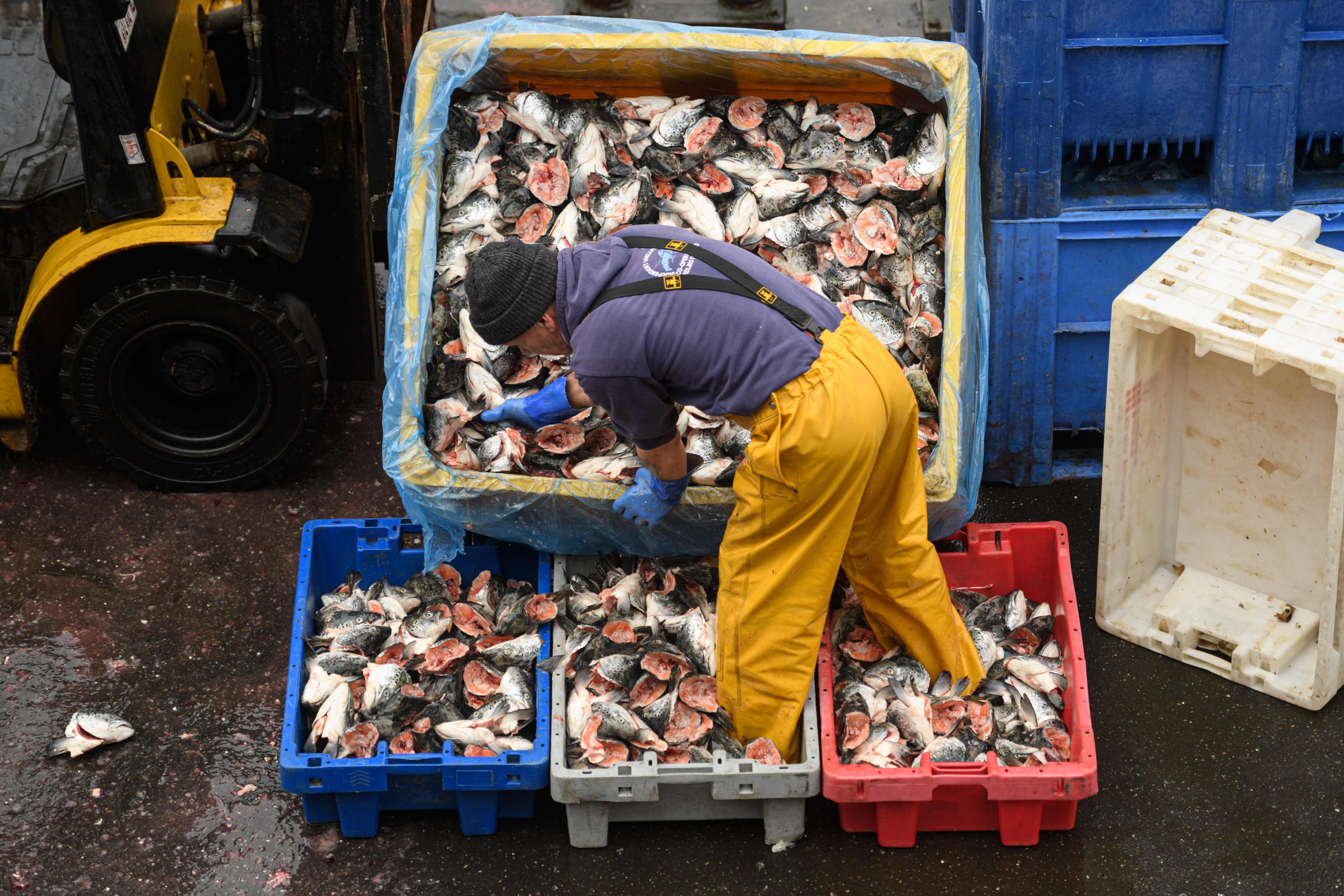Why are fishing rights so important in Brexit trade talks?
It’s a comparatively small industry but the fishing industry is one of the final outstanding issues still to be negotiated in the Brexit talks. Sean O’Grady explains why it’s so controversial – and why, in the end, no one will be happy with the outcome


Given that fisheries represent less than 1 per cent of national income in the UK and France – the principal protagonists – it is difficult for many to understand why this comparatively small industry is hindering any Brexit trade deal. Yet the obstacles are still formidable, even though progress on key areas is being made. Britain has, reportedly, made a generous offer of a five-year transition period, about 65 per cent of the catch available to the EU, plus a joint procedure for allocating quotas and managing disputes.
Even so, it will mean hardship for the fisherfolk of France, the Netherlands, Ireland, Belgium and Denmark, who have enjoyed some access to British waters for centuries (give or take a few wars), and by treaty and then the EU Common Fisheries Policy since the 1960s. Now that Britain is to be an “independent coastal state” with a 200-mile exclusive economic zone, such access is jeopardised.
At the same time, though, there are many more fish out there than the British could consume, even if they tried, processing imported fish (also from Iceland and Norway) has become a bigger industry and needs EU markets, and some British trawlers may wish to continue fishing for particular species in European waters.
So it is complicated, but also highly emotive. Fisheries is one of those industries that catches the imagination, as well as mackerel. Once prosperous and thriving British fishing communities have certainly faced long-term decline, and many, rightly or wrongly, blame the EU and the Common Fisheries Policy for the decline. As a traditional maritime power the “betrayal” of coastal communities is keenly felt, and for some a source of great resentment, especially as British fisherfolk sold the quotas to Spanish, Dutch and other foreign companies in the 1990s. Indeed, one of the most difficult areas to regulate will be what constitutes a “British” or “EU” catch – the crew, where the catch is landed, who owns the vessel or what flag it sails under.
Fishing, though, is one of those industries that attracts a degree of national chauvinism. It is dangerous work undertaken in often atrocious conditions, factors that create an ethos of community, rather like in coal mining, which also engaged raw emotions as the industry changed in the 1970s, 1980s and 1990s. Car-making, nuclear energy, aerospace and defence are often considered to be “strategic” industries in many countries where government is expected to take a keen interest in developments. France famously vetoed a takeover of the giant Danone concern because yoghurt-making was declared a strategic industry, while Donald Trump wrote clauses about wages in car factories into his new North American trade deal with Mexico and Canada.
The British fought a brief but nasty “cod war” with Iceland in the 1970s, and many remember the bizarre river skirmishes involving Nigel Farage and Bob Geldof during the 2016 referendum campaign. Fishing too is regarded with similar chauvinism; Even finance doesn’t excite such passions as fish, and many in the City of London are dismayed that Britain may be about to put trawlers before traders. President Macron is threatening to veto the UK-EU trade deal, even though, illogically, no-deal Brexit means no access at all for the French fisherfolk.
Politically, the upshot is that whatever Boris Johnson ends up agreeing to will be rejected as “Brexit betrayal” and the necessary compromises will leave plenty of scope for argument for many years to come. A happy, sustainable workable deal on fish may end up being “the one that got away”.

Join our commenting forum
Join thought-provoking conversations, follow other Independent readers and see their replies
Comments